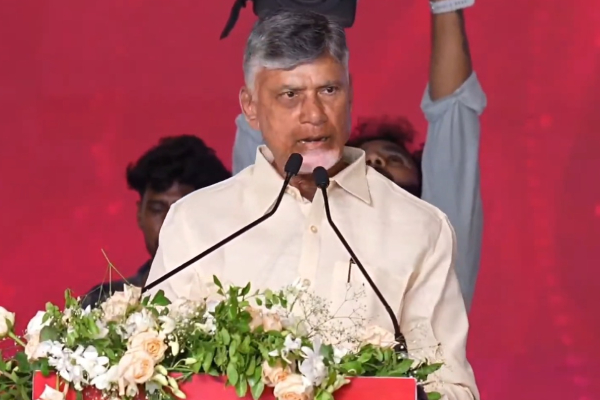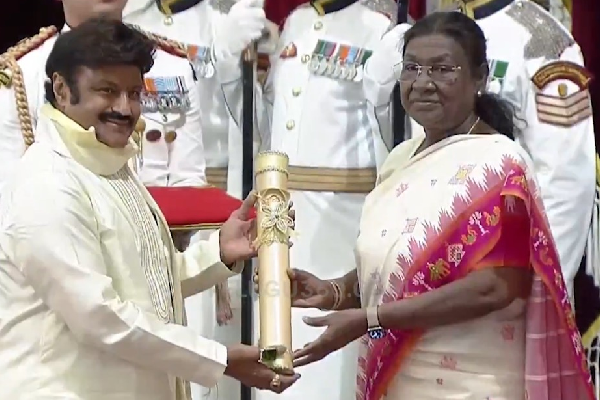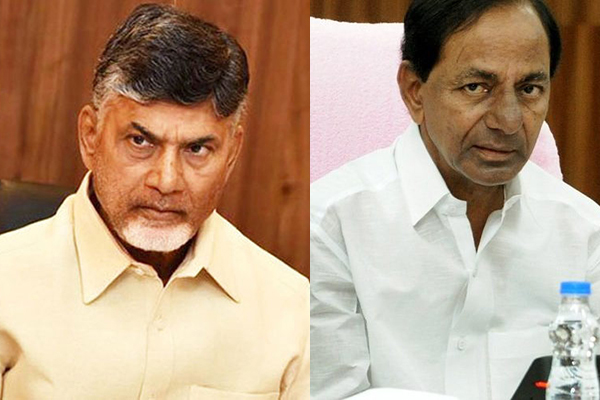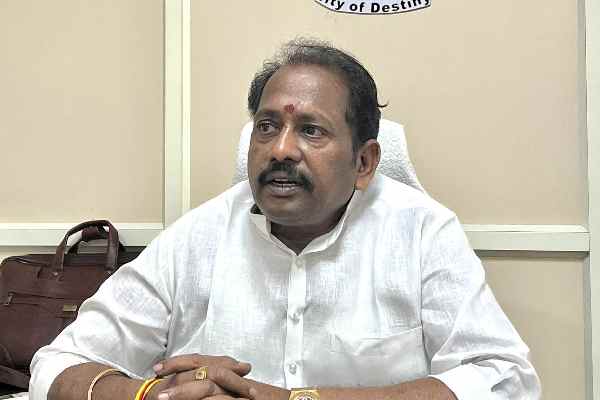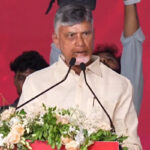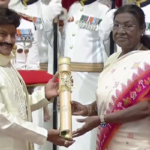Chandrababu Naidu pursues an electoral strategy that is similar to one employed by his Telangana counterpart KCR. This includes a reliance on welfare schemes like direct cash transfers to farmers, increasing the amount of pension etc. Besides, Chandrababu Naidu is triggering Andhra sentiment citing KCR’s unwarranted intervention in Andhra Pradesh politics. In fact, KCR during the Telangana Assembly elections projected Naidu as an ‘invader’. The electoral strategy of Naidu and KCR look alike. But, will the result be the same given the different political terrain and electoral dynamics in the two neighbouring Telugu states?
Every party and politician is now relying on welfare schemes. The BJP government launched poll eve Prime minister Kisan scheme and the Congress responded by promising a minimum income guarantee scheme for India’s 20 per cent poor describing it as the final assault on poverty. Thus, KCR or Naidu is no different. Welfare schemes constitute a lion’s share of budgets in both states. In the election year, KCR launched the ambitious Rythu Bandhu scheme that credited Rs.8000 per acre per year directly into the accounts of all farmers. The central government’s PM Kisan scheme is, in fact, a watered down version of the KCR’s Rythu Bandhu scheme. Notwithstanding the political criticism by the opposition parties, this scheme certainly helped KCR in winning the elections the second time.
Learning from the Telangana experience, Andhra Pradesh Chief Minister and TDP supremo launched the Annadata Sukhibhava scheme. Similarly, pensions for the old aged and widows have been enhanced in both Telangana and Andhra Pradesh. Besides, the Chandrababu Naidu government credited Rs. 10,000 for every DWACRA woman. Even when the state of Andhra Pradesh was passing through fiscal crisis owing to what they call arbitrary bifurcation of the state, Naidu government continued with a slew of welfare schemes keeping the elections in mind. Populist schemes despite the criticism of it by economists, still hold sway over the electorate who seek instant relief from the government.
Telangana chief minister benefitted from targeting Chandrababu Naidu during Telangana elections. In a tit for tat, Naidu is now repeating exactly the same strategy. Chandrababu Naidu’s main poll plank is the alleged nexus between YS Jagan and KCR. Naidu’s attempt to rouse Andhra pride is quite similar to the KCR strategy of triggering Telangana sentiment.
But despite the similarity in electoral strategies, can the result be the same? Despite the United opposition taking on TRS, KCR’s popularity was quite formidable compared to the Congress-led opposition combine. In fact, the Congress-TDP alliance was more of a liability than an asset. On the contrary, Chandrababu Naidu is locked in a fierce electoral battle in a highly polarised political terrain. Unlike in Telangana, Andhra Pradesh witnesses acute social division in the electorate. The caste consolidation is clear between the warring players. Political observers are also sceptical about the possible impact on sentimental politics in Andhra Pradesh which is an entrepreneurial society. The character of the societies in both the states is dissimilar giving scope for such scepticism. KCR is adept at Telangana native idiom that can forcefully fire the regional sentiment. Chandrababu Naidu also won the elections in 2014 by exploiting the bifurcation sentiment. Will it now work as Naidu embraces congress, the author of such arbitrary bifurcation. Naidu hopes that the special status narrative will legitimise his political U-turn. The opposition YSR Congress is focussing on exposing the changed political stance of Chandrababu Naidu. KCR has not faced any such situation except the fact that he inducted many who had little or no role to play in Telangana movement. But, KCR could defend this by calling it political realignment for the development of a new state.
( Prof.K. Nageshwar is India’s noted political analyst. He is a former member of the Telangana Legislative Council and professor in the Department of Communication & Journalism, Osmania University, Hyderabad, India )





















